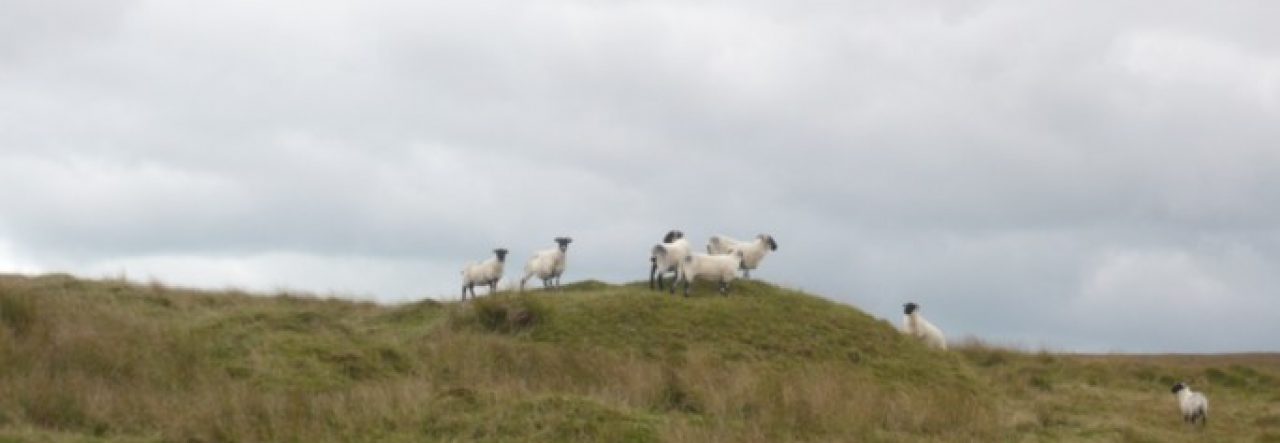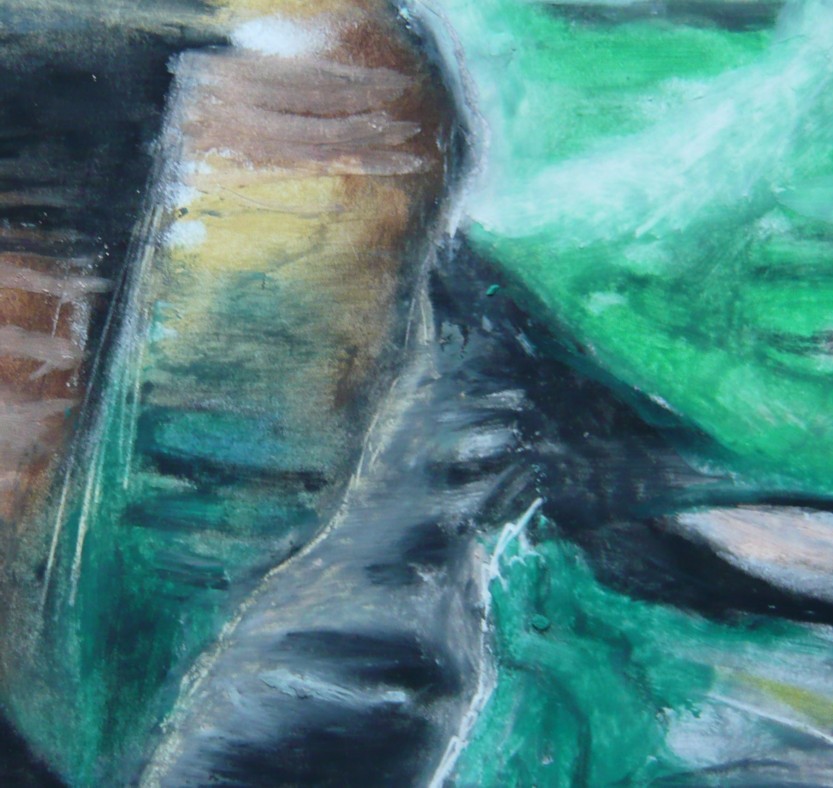I began work on a new story, but it hit the buffers very quickly. I suspect that there were several reasons for this, but probably the primary reason is that it was the wrong story at the wrong time. Having published ‘Making Friends with the Crocodile’ and feeling a little flat afterwards, I took the conventional advice to get stuck into writing again immediately and, thinking that I knew exactly which story I wanted to write (out of my lists of ideas, notes and vague drafts), and exactly how the opening chapters of said story should go, just jumped straight in and started writing.
Thud.
After the first, long, chapter I read it back and just thought ‘Oh good grief, this is so turgid!’

I didn’t feel like re-writing it, though. And I certainly didn’t feel like ploughing on and editing an even longer clump of turgidity later. It just wasn’t working for me.
It simply wasn’t the story that I wanted to tell at the moment. It wasn’t the setting that I wanted to use, and I didn’t feel any empathy with the protagonist. Not a good start, really.
So I kicked the cat* and drank a few beers and went for a long walk.
As a result of doing all of that and clearing my head somewhat, I am now trying out something that is almost alien for me, and that is planning a novel.
I have a setting that I have been meaning to use in a novel, and which I have used occasionally in short stories, which I enjoy writing about. I have characters with whom I can empathise. I even have a plot that I’m rather pleased with. All in all, it feels a lot more hopeful.
And something else that is rather fun: in ‘Making Friends with the Crocodile’ I had to create a fictitious town and village, but because of the story line I did not need to concern myself too much with the geography of either. For the new Work In Progress, I need much more. I need careful and elaborate maps of a fictitious town in the foothills of northern India (yup, India again!), which is all part of the plan. I need to map its roads and houses, shops and hotels. I need to decide where to put the forests and rivers and lakes and fields.
I’ve even started a brand new notebook for this!
It will probably be difficult for me to resist the temptation to just start writing, but at the moment I intend to wait until I have a finished plan that I think covers everything.
Naturally, I’ll let you know how it goes.
*Not actually true. No cats were harmed in the writing of this blog post.





